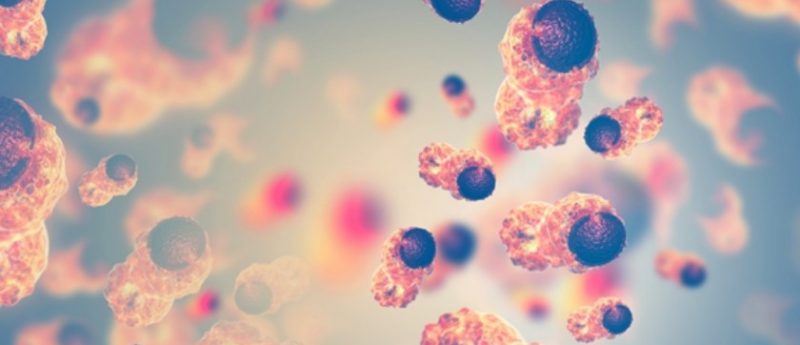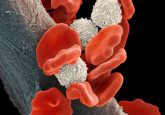Mutation profiling and prediction of outcome in acute myeloid leukemia

Acute myeloid leukemia (AML) is a heterogeneous disease characterized by accumulation of somatically acquired genetic alterations in hematopoietic progenitor cells. Cytogenetic analysis has been used for more than three decades and has allowed classifications of AML patients into distinct subsets that differ in biologic and prognostic characteristics [1,2]. Patients with cytogenetic profiles associated with ‘favorable risk’ (i.e., PML-RARA, RUNX1-RUNX1T1 or MYH11-CBFB) have relatively good outcomes without allogeneic hematopoietic cell transplantation (HCT) whereas patients with ‘unfavorable risk’ cytogenetics (e.g., at least three cytogenetic abnormalities) are thought to require HCT during the first remission to improve their outcome [3–5].
Click here to view full article.




